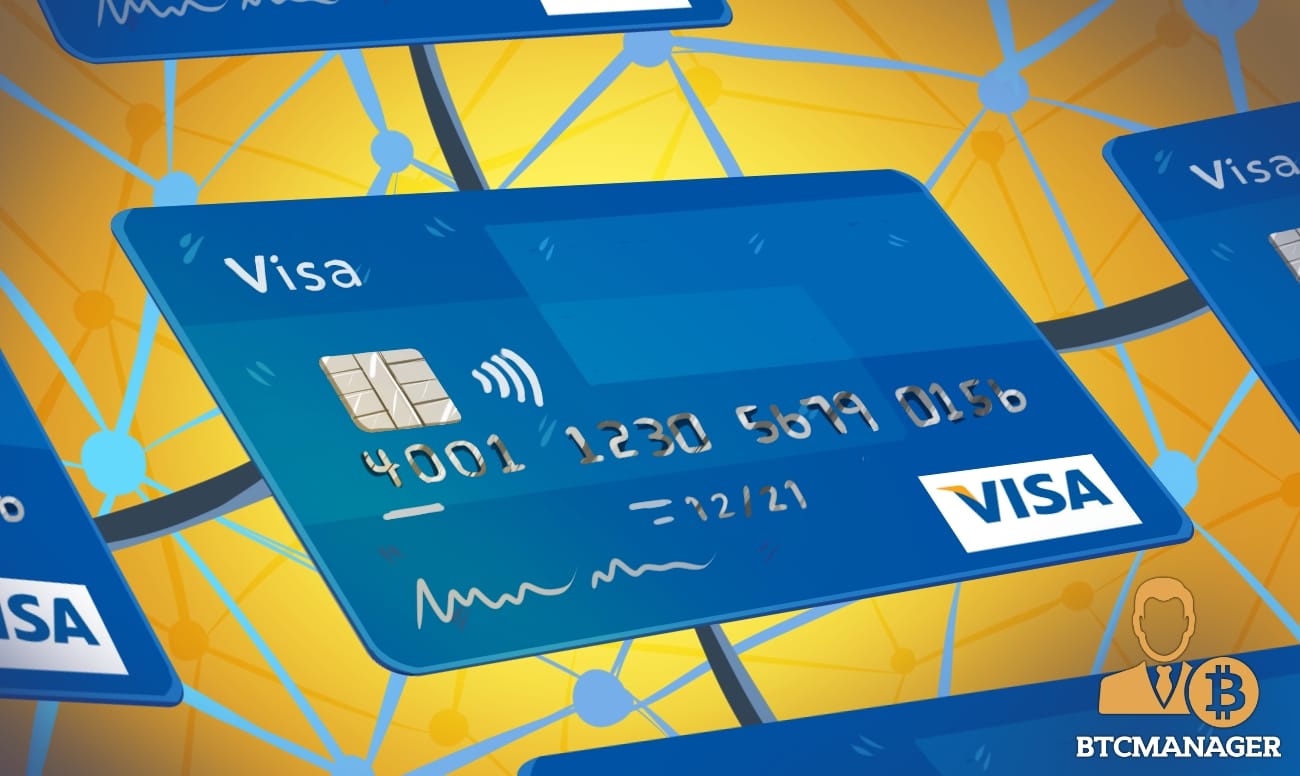Visa’s Latest Blockchain Solution Protects Permissioned Ledgers Against Malicious Actors

Visa unveiled its newest innovation this week: a trusted execution environment (TEE) that can help induce a fair and just computational layer that maintains privacy and wards off bad actors. According to Ledger Insights, there are a wide range of use cases for this that can help improve customer privacy without affecting process efficiency, November 19, 2019.
Evolving Finance with Distributed Ledgers
Financial innovation has been taken to new heights thanks to a grand entrance of cryptography and blockchain into the industry.
Visa’s trusted execution environment will allow trusted parties to compute outputs without manipulation over a permissioned ledger. The researchers credited with the creation of the environment, named LucidiTEE, believe this can truly enforce fairness in a way that enables financial institutions open to adoption.
Just like Intel’s efforts in creating a trusted execution environment, the ledger doesn’t store the input or output but exists just to note the end result of each computation. Offering a simple example, Visa researchers liken this to a credit rating agency obtaining a couple’s credit score by computing it on LucidiTEE with their transactions. In this example, transactions are computed on the execution environment to come up with the score, but the nature of each transaction remains encrypted.
Simply put, it allows for finance to go on seamlessly whilst providing privacy safeguards for sensitive data.
Execution environments promote blockchain scalability, as they allow data-heavy computation to be done off-chain, while the ledger merely acts as a data transfer/storage layer.
Permissioned Ledger’s in the Corporate World
Many proponents of Bitcoin and blockchain will fanatically argue that the only use of a blockchain is to propagate transparency, and a permissioned ledger makes no sense. For the most part, they are correct, but this depends on the level of trust the parties in the ledger have maintained with one another in the past.
Individuals have been burnt by corporations, leading to public outrage, protests, and eventually the creation of peer to peer (P2P) systems like Bitcoin. But corporations that do business with each other have not had trust breaches on a mass scale like the household sector has.
This is precisely why permissioned blockchains make sense. Companies can transmit data trust-free, and they only need to trust the data they are receiving hasn’t been tampered with.













